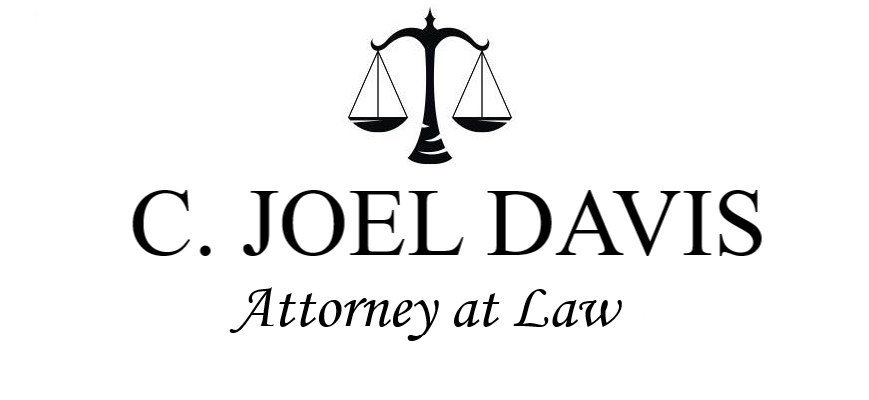Davis & Jones frequently receives questions regarding Georgia’s expungement statute and the possibility of expunging criminal records. Due to relatively recent changes in Georgia law, record “restriction” has largely replaced expungements, although the two operate in similar ways.
As of July 1, 2013, certain criminal records will be eligible for “restriction” only, not expungement. Under O.C.G.A. § 35-3-37 “restriction” means, broadly speaking, that only law enforcement agencies will be able to view restricted criminal records and that such records “shall not be disclosed or otherwise made available to any private persons or businesses . . .” (emphasis added).
The most significant change to O.C.G.A § 35-3-37 is to place the burden for restricting records directly on the Georgia Crime Information Center (GCIC) and the local law enforcement agencies themselves. For example, O.C.G.A. § 35-3-37(h) details the various scenarios in which certain criminal records “shall be restricted by the Center.” (emphasis added). Similarly, if a local law enforcement agency never forwards an arrest file to the proper prosecuting authority for prosecution, “[i]t shall be the duty of the head of the arresting law enforcement agency to notify the Center” for restriction. O.C.G.A. § 35-3-37(h)(1)(A)(i).
Such a change in responsibility stands in stark contrast to Georgia’s prior statute, which placed the emphasis squarely on the individual to apply to the GCIC for potential expungement.
